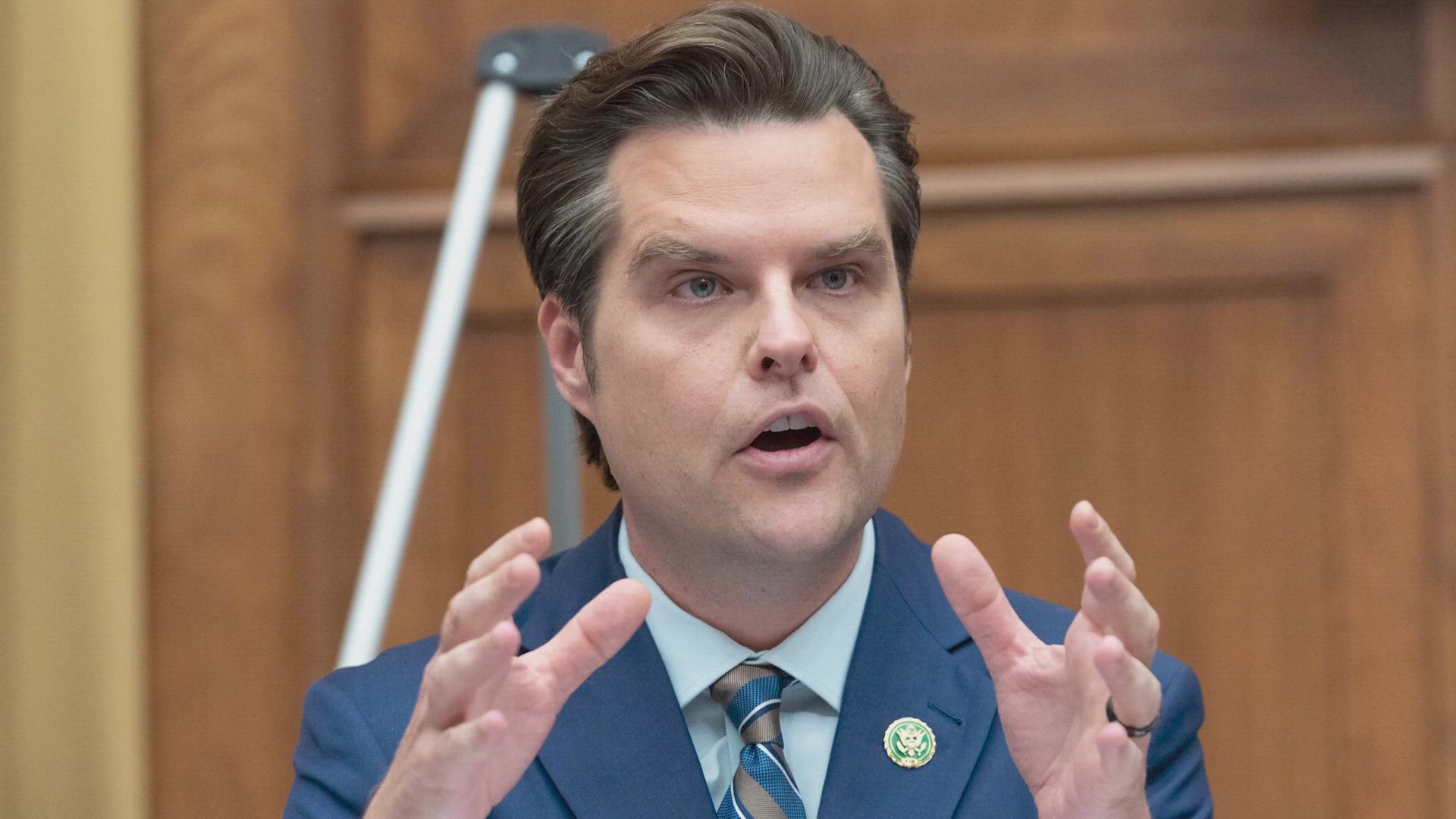Thirty percent of workers have called in sick for work in the past year when they weren t actually sick, according to job search site Career Builder, and they ve come up with some whoppers for not showing up.
The study conducted by Harris Interactive this year also found that more people call in sick, whether legitimately or otherwise, around the winter holidays. Nearly 6,500 workers, hiring managers and human resources professionals were interviewed for the study.
Here are some real-life examples employers reported:
- Employee s sobriety tool wouldn't allow the car to start
- Employee forgot he had been hired for the job
- Employee said her dog was having a nervous breakdown
- Employee s dead grandmother was being exhumed for a police investigation
- Employee s toe was stuck in a faucet
- Employee said a bird bit her
- Employee was upset after watching The Hunger Games
- Employee got sick from reading too much
- Employee was suffering from a broken heart
- Employee s hair turned orange from dying her hair at home
Besides actually being sick, the other most common reasons workers say they stay home are:
- Don t feel like going: 34 percent
- Need to relax: 29 percent
- Doctor s appointment: 22 percent
- Catch up on sleep: 16 percent
- Run errands: 15 percent
Nearly 30 percent of employers said they have checked up on an employee to verify that the illness was legitimate. Usually, they required a doctor s note or would call the employee later in the day. Fourteen percent said they went so far as to drive by the employee s home.
When caught, the employees don t always get off with a slap on the wrist. Seventeen percent of employers said they have fired a worker for giving a fake excuse.
The most popular month for calling in sick is December, followed by July, January and February.


